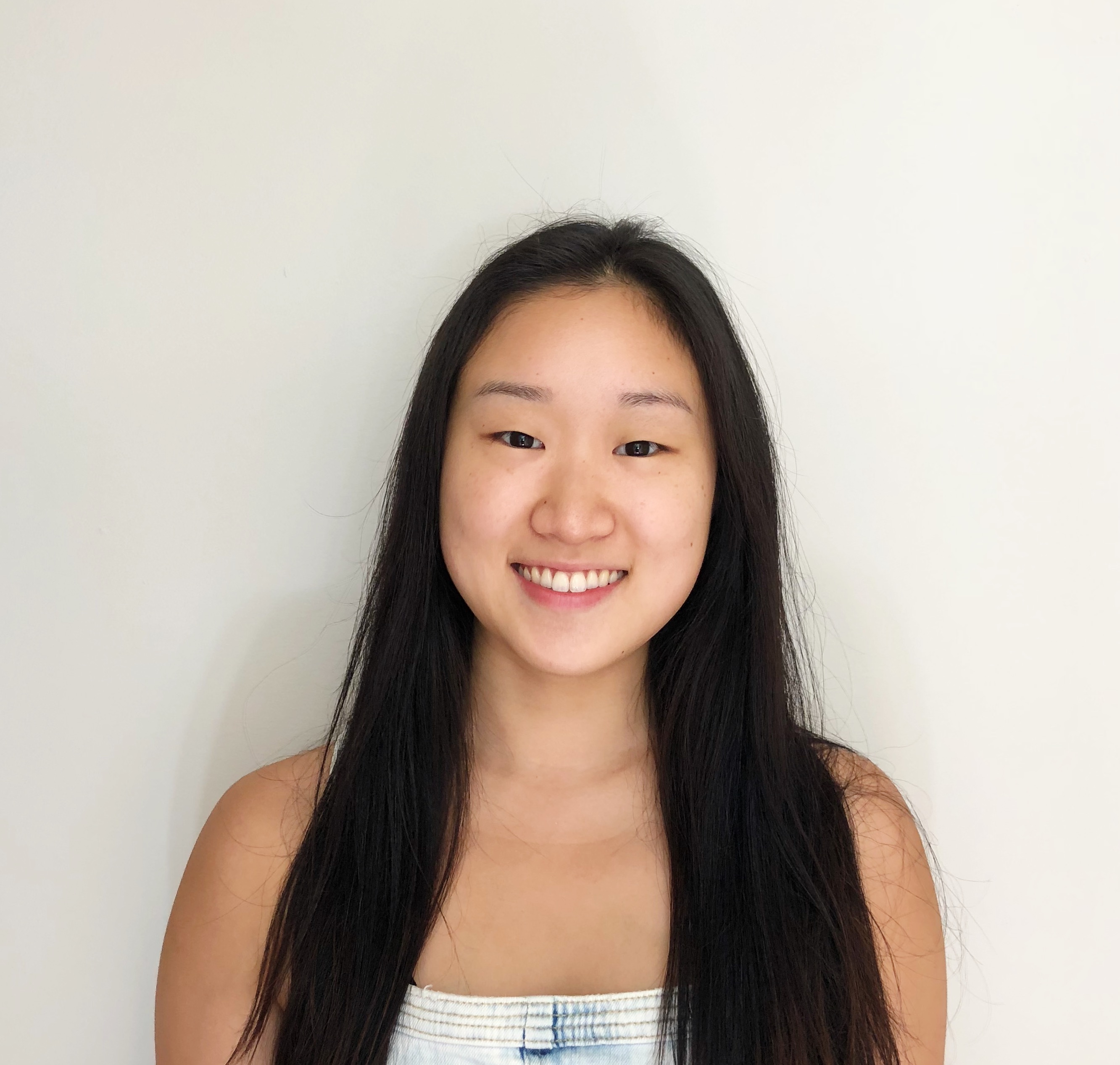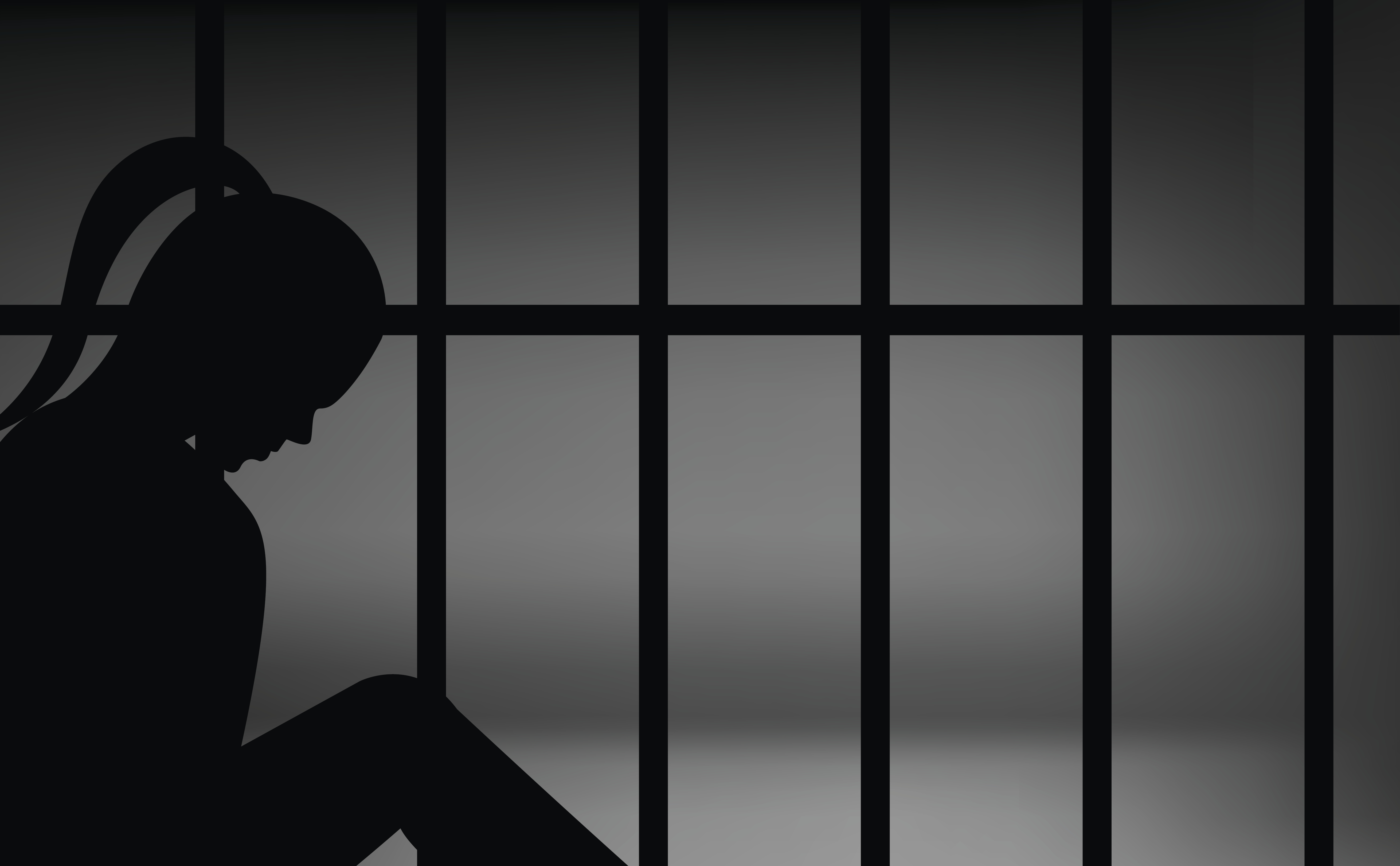“Forgiveness is freedom.”
That’s what one woman told Deborah Jiang-Stein earlier this month after completing a workshop at the Flowood Community Work Center — an alternative facility where female prisoners can finish serving their sentences.
The workshop, organized by The Thrive Global Foundation and Jiang-Stein’s unPrison Project, sought to equip the women with tools and strategies to improve their well-being and rediscover a sense of purpose based on the latest research on stress and trauma.
The Foundation brings free trainings and resources to nonprofit and civic groups on the front lines of service to their communities, doing vital work that places them at a higher risk of stress and burnout. The Foundation has worked with organizations including Global Citizen, Khan Academy, the Alliance for Children’s Rights, the EduCare Foundation, Lean In, the Harvard Kennedy School and the mayors of Oakland and Providence.
Jiang-Stein, the unPrison Project’s founder and a 2017 L’Oreal Women of Worth honoree, spoke with Thrive about the misconceptions about incarcerated women, the challenges they face in overcoming trauma and their reactions to the workshop.
Thrive Global: Tell us about your work in women’s prisons. What are some of the challenges these women face?
Deborah Jiang-Stein: The majority of women I meet in the prison are victims of some kind of abuse, whether psychological, financial or sexual. Most all have substance and/or alcohol abuse issues. In other words, they’re more in need of drug and alcohol treatment, rehab and mental health resources. This, instead of prison, as the solution to the trauma the women face, will help turn the tide of incarceration of women.
I have visited more than a dozen prisons and been in the face of 20,000 incarcerated women in total and can say for a fact that we need community alternatives for the healing of trauma, substance abuse and mental health services instead of building more prisons. I know prison staff, administration and policy makers will support me in this statement, too.
I founded the unPrison Project to be of service to this urgent need. I’m a product of this system, and my birth mother had similar needs as the women I meet today. I’m also in recovery from addiction myself and know firsthand how that impacts everything in our lives.
TG: What were your observations of the Thrive workshop in this environment?
DJ: The Thrive workshop has real potential inside prisons. It’s not just a cheerleading “you can do it” session, although the positive boosting helps a lot to start. The Thrive workshop is adaptable to prisons and with just a few changes in context and content, I believe it will help make tangible and measurable changes for many of the women served. I look forward to continuing this work together.
I observed a keen interest in nutrition from the women in the workshop. Given this need, and the Centers for Disease Control’s (CDC) reports on nutrition in prisons, I’d love to work with Thrive on addressing food safety and nutrition in the prison industry and make a broad and sweeping impact in this area. If we brought a segment of Thrive’s science and research on nutrition into prisons, we would see measurable results in health and wellness.
One woman took me aside, partly because I shared my personal story of being a product of the prison system and partly because of her hope for positive change from the workshop content, and told me: “I started to cry right from the beginning.”
I witnessed this in several women. The tears were of joy, trust and vulnerability, of feeling cared about and hopeful for a better future.
TG: How did the workshop impact those individuals who participated?
DJ: The best way to share the impact of this workshop is to offer direct comments and quotes from the women:
“Thinking that I am a valuable woman.”
“I am in charge of my sustainability and taught the steps to making it happen.”
“Forgiveness is freedom.”
“This workshop invited and brought unity among us and we will be forever grateful for this and for one similar to come.”
“The Thrive and unPrison workshop gave us as inmates a brief moment of reprieve behind these walls. One in which we could let down our guard, share our hopes and dreams, strengths and weaknesses and encourage hope in a dark time.”
TG: Given the high re-entry rate of these women, how do you think this workshop will make a difference?
DJ: It was clear by the end of the workshop at the Flowood facility that the women felt empowered and hopeful about learning new skills for self-care and wellness, and about the science behind how the brain works to re-frame our world view and patterns of behavior. It was exciting to witness the commitment to follow through for rethinking their stories and lives up to that point.
It’s not easy but it’s very possible to change behavior and thinking patterns. I know this personally, which is why I founded the unPrison Project. My hope is that women in prisons will themselves become the change-makers, teachers and mentors.
Many of the women were committed to take what they learned in the workshop into their day-to-day life inside prison, and then continue the newfound hope and skill set out into their lives as women and active members in their communities.
From impact statements we gathered and are still being compiled, the following select comments speak to this:
“Finding out our strengths and how to make them stronger and recognizing our weakness. Learning the way to forgive our self.”
“I am going to try to better my well-being by exercise, more hydrating, and meditating.
“I will let my daughter know what I learned.”
“I will take this out of prison with me and teach my kids and grandkids.”
“Use this time to learn and make a better me.”
“I’m excited to go out in the world to become the woman I know I can be. This has taught me that I am worthy and the brain has more power than we know if we know how to use it.”
TG: Can you share some stories of women whose stories, struggles and achievements have had a particular impact on you?
DJ: I’m always moved when women share their stories about the children they’ve lost or the children they miss raising. The women who aren’t mothers, and the stories they share about family left behind, are wrenching.
Whenever I hear about the generational cycle of incarceration, I’m impacted by the urgent need to serve this growing population with healthcare, wellness and well-being services instead of a prison sentence. I met several women whose mothers were also in prison, and their children are in the juvenile system — three generations!
Clearly something isn’t working about sentencing, and we know the solutions for actually serving the women need to be around well-being and wellness as well as resources for better employment, housing and education.
TG: What are some common misconceptions in our culture about incarcerated people, especially women? And how do you think these misconceptions can be overturned?
DJ: Women in prison are hidden and therefore silenced. The public needs to know that most women in prison are mothers and yearn for continued contact with their children. The shame and secrecy around incarceration is a burden for many women I meet.
Women especially, even on the outside, carry shame and live in categories and in secrecy in more ways than men. One way to move beyond any kind of shame and secrecy about anything is to voice the truth out loud. So we need to speak openly about the reasons behind the incarceration of women and address the need for the wellness and well-being of women instead of punishment for addiction, alcoholism and trauma.


